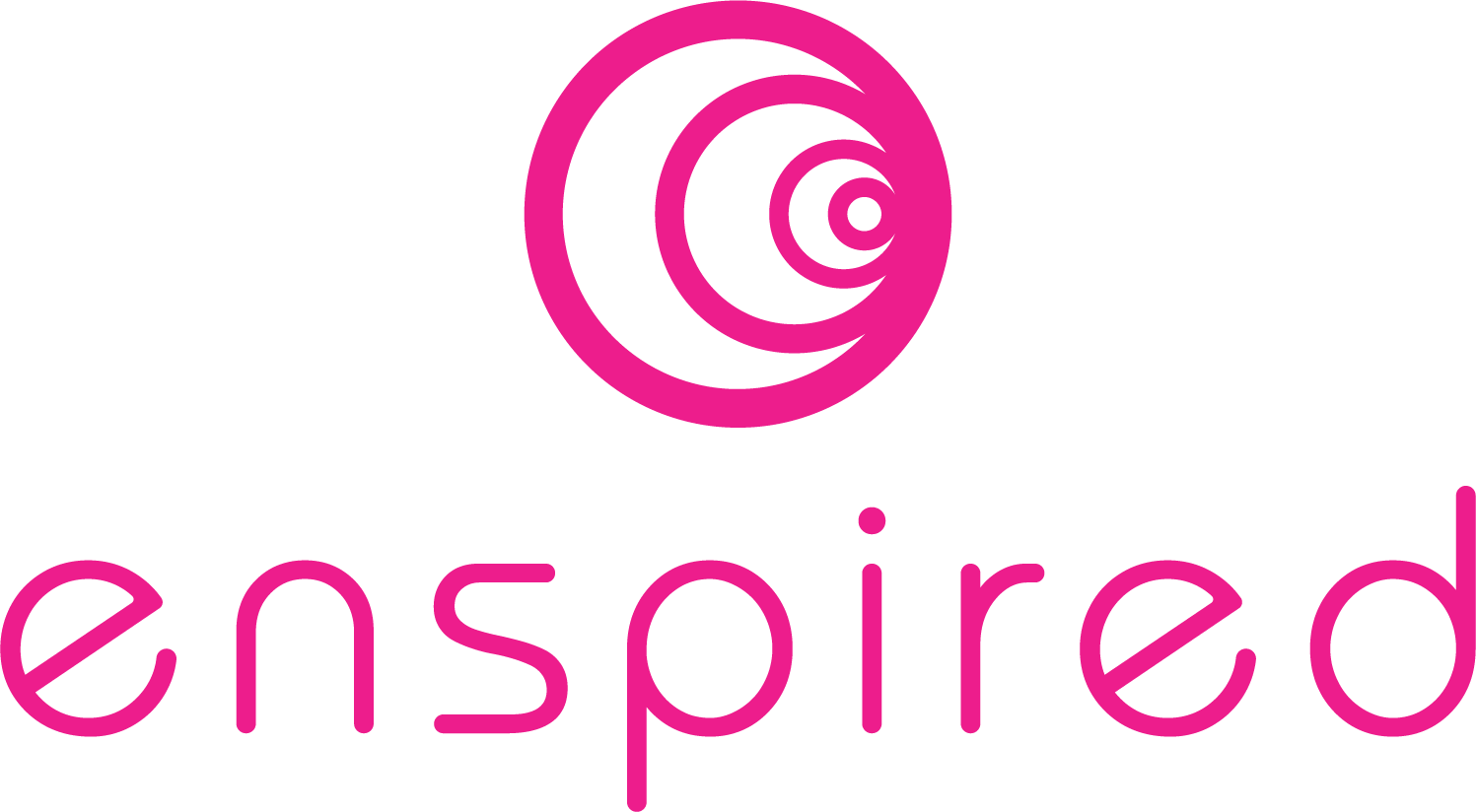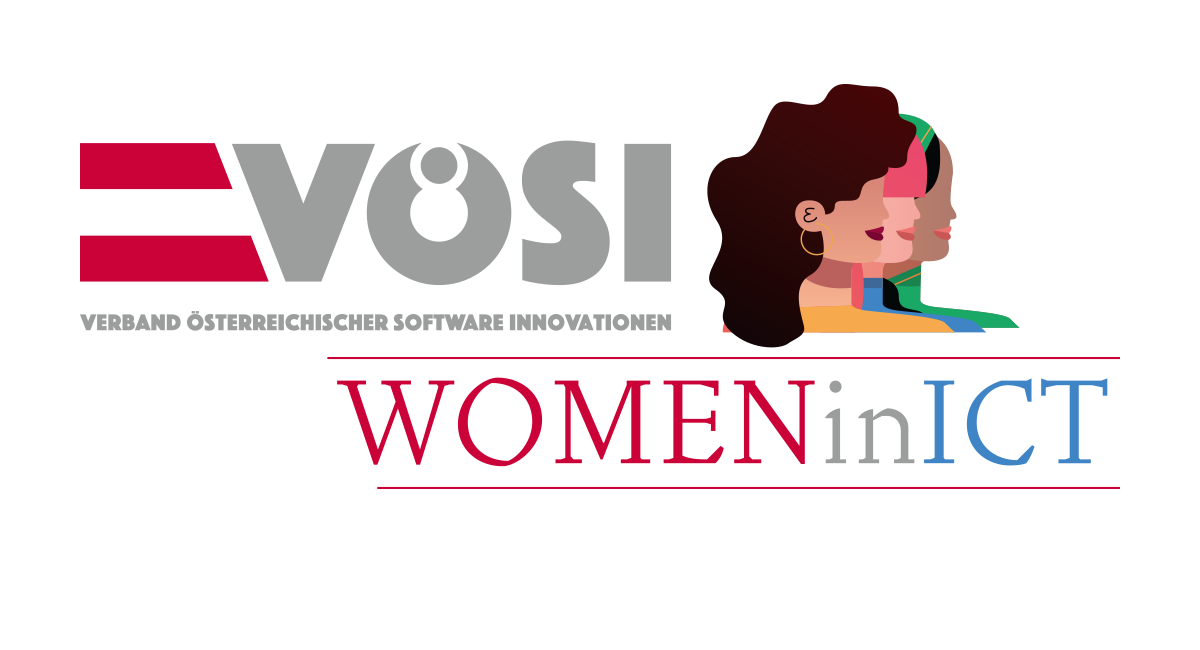About Women Techmakers Vienna
Women Techmakers Vienna is a vibrant community empowering women and people with disabilities in tech in the heart of Vienna. We foster an inclusive environment where every individual can thrive.
Conference

Supporting women and people with disabilities in tech through the power of example.
MeetUps

In-person meetups with experts and leaders to close the gender gap.
Workshops

High-tech workshops, hands-on experience, hacking and debugging.
What we stand for
🎯 Mission
To empower women and people with disabilities in Vienna's tech community through learning, innovation, and growth. We host engaging events, foster mentorship, and advocate for change to break down barriers in the STEM landscape.
🙆 Values
We believe in inclusivity, respect, and collaboration as the cornerstones of progress. Our commitment to transparency, continuous learning, and mutual support ensures every voice is celebrated, fostering a culture of innovation where everyone can thrive.
✨ Vision
To transform Vienna into a leading center for inclusive tech innovation. We envision a future where gender, ability, and background are celebrated as strengths, and opportunities in STEM are accessible to all, inspiring global change in the technology industry.
Sponsors & Partners
We extend our heartfelt thanks to our dedicated organizers and supportive partners for making our events a success and empowering women and people with disabilities in tech.
Platinum Sponsors


Partners & Organizers
Become a SponsorKeep in touch!
Subscribe to our newsletter to receive updates on community news, events, and important announcements.
Subscribe NowOur Commitment to the Sustainable Development Goals
We proudly align our work with the UN SDGs to promote inclusion, accessibility, and sustainability.

SDG 5
Empowering women in technology and advocating for gender balance.

SDG 10
Championing accessibility and inclusion for people with disabilities.

SDG 9
Innovative digital tools for accessibility and inclusion.

SDG 11
Promoting accessible mobility and assistive technology.

SDG 13
Advocating for green code and eco-conscious solutions.
The SDG icons are used in line with UN guidelines to represent our commitment to these global goals.



